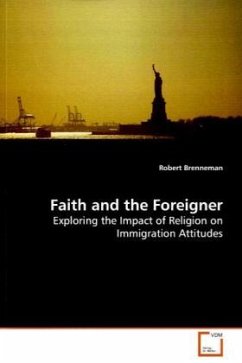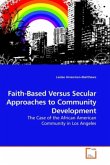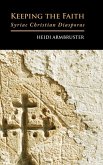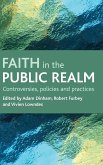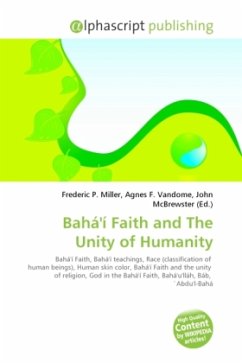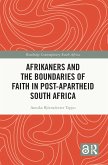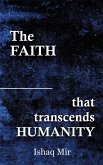Do religious identities or practices shape views about
immigrants and immigration policy? This thesis
examines the role
of religious affiliation and attendance at worship in
shaping U.S.
citizens' perspectives on immigration. Using a
nationally
representative sample of U.S. respondents, the author
employs
multivariate regression to test whether religious
tradition or
attendance at worship affect views about
immigration net of other important social and
cultural factors. The
results reveal a complex picture in which
respondents from some
religious traditions tend to have less tolerant views
toward
immigrants even after controlling for socio-economic
status while those professing "no religion" tend to
have more
tolerant views than most self-described "religious"
respondents. On
the other hand, attendance at religious worship has a
positive affect on respondents' attitudes toward
immigrants. This
thesis illustrates the importance of understanding
complex cultural
factors such as religion when analyzing views about
immigration and xenophobia.
immigrants and immigration policy? This thesis
examines the role
of religious affiliation and attendance at worship in
shaping U.S.
citizens' perspectives on immigration. Using a
nationally
representative sample of U.S. respondents, the author
employs
multivariate regression to test whether religious
tradition or
attendance at worship affect views about
immigration net of other important social and
cultural factors. The
results reveal a complex picture in which
respondents from some
religious traditions tend to have less tolerant views
toward
immigrants even after controlling for socio-economic
status while those professing "no religion" tend to
have more
tolerant views than most self-described "religious"
respondents. On
the other hand, attendance at religious worship has a
positive affect on respondents' attitudes toward
immigrants. This
thesis illustrates the importance of understanding
complex cultural
factors such as religion when analyzing views about
immigration and xenophobia.

